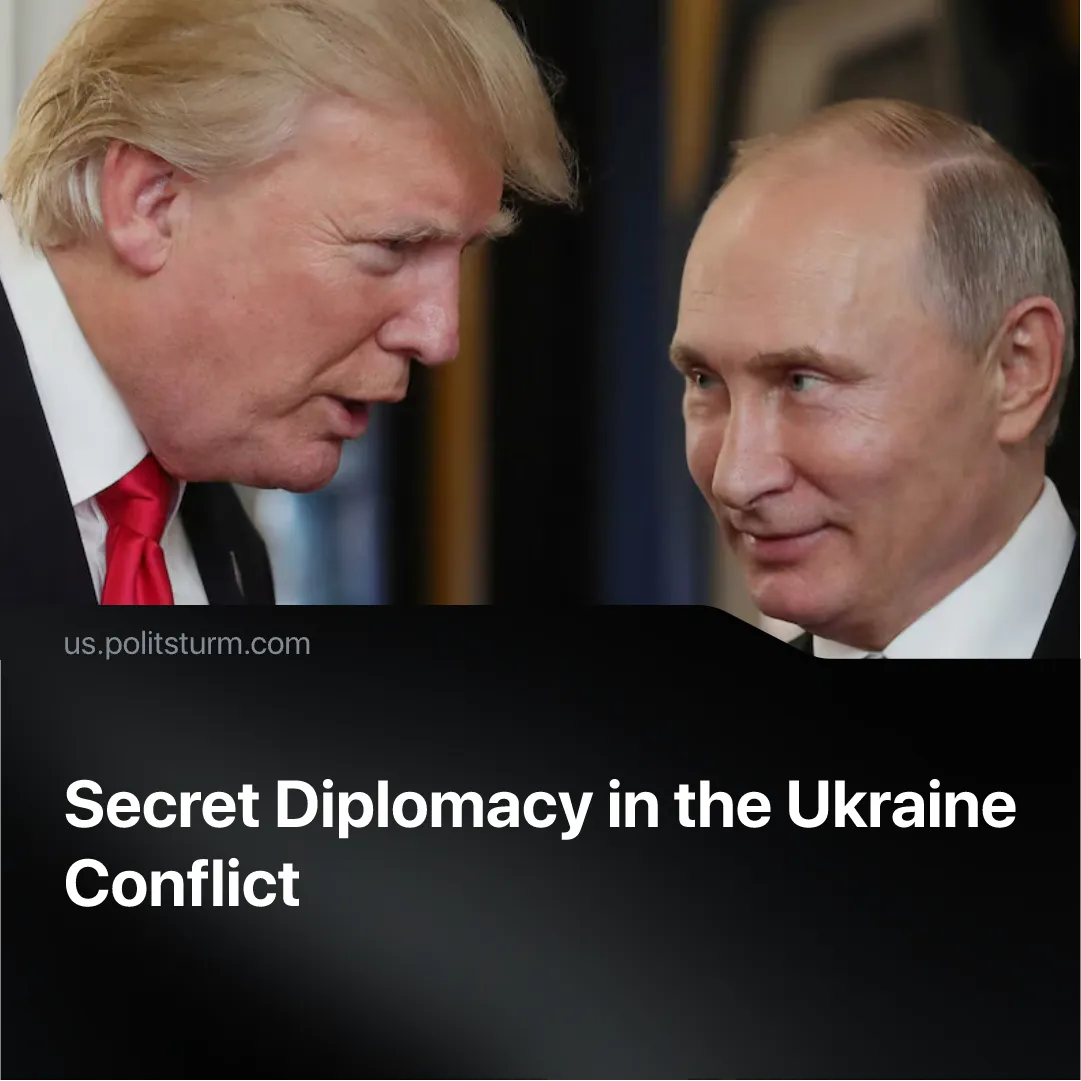Putin and other officials called for peace talks to be held in secrecy. Leaders have since issued vague and contradictory statements about the outcome of negotiations.
Details. Since the Trump–Putin talks, Russian state representatives have declared their readiness for peace talks, but the agenda has not yet been finalised. According to Lavrov's statements, the discussion is impossible without a prepared agenda, which he claimed is not ready “at all.”
▶ State members such as Russian Press-Secretary Dmitry Peskov made it clear that these talks must be private. They must also be “calm”. They do not want any public statements or widespread media coverage, which can “harm the process”.
▶ Conditions have been expressed. These include the cessation of hostilities in the southern regions. They also include the exchange of some occupation of territory in Donbass. However, no details have been provided, such as signatures, deadlines, or implementation mechanisms.
▶ In Washington, Trump and the Europeans discussed NATO-style “security guarantees” for Ukraine (Article 5). Still, Russia is demanding an overhaul of the NATO structure, for example, veto rights over the security guarantees that the US and Europe would provide to Kyiv. Still, nobody is clarifying what this would entail.
▶ Following the talks in Alaska, official comments stated that the negotiations were "constructive" and "very productive", but no concrete results were presented. Trump stated that there is "no deal until there’s a deal".
Context. Before the Trump talks, Putin made it clear that all peace talks should be conducted in private.
Quote: "But in order to approach the issue peacefully, it is necessary to conduct detailed conversations. And not in public, but this must be done calmly, in the quiet of the negotiation process."
▶ Putin brought a business delegation to Alaska, which was led by Kirill Dmitriev, head of Russia’s sovereign wealth fund. Trump remarked, “I noticed (Putin’s) bringing a lot of business people from Russia, and that’s good, I like that, because they want to do business, but they’re not doing business until we get the [conflict] solved.”
Important to Know. By hiding the terms of peace treaties, capitalists can negotiate business deals, territorial control, and business ventures for the benefit of each side’s ruling class, while reducing the risk of backlash from the working people affected by these decisions.
▶ There are plenty of historical examples. The Sykes–Picot Agreement (1916) between the UK and France secretly divided Ottoman territories in the Middle East into colonial spheres of influence. The Hoare–Laval Pact (1935), a secret British–French proposal to appease Mussolini by partitioning Ethiopia; once leaked to the press, it provoked mass outrage and was abandoned. The Munich Agreement (1938), signed by the UK, France, Italy, and Germany, handed Czechoslovakia’s Sudetenland to Hitler.
▶ In sharp contrast, after October 1917, the Bolsheviks published the tsarist government’s secret treaties, exposing the imperialist carve-up of colonies and spheres of influence. Lenin insisted that the masses had the right to know every clause of foreign policy, and denounced secret diplomacy as a weapon of capitalist exploitation. Within a month, the new Soviet government signed a ceasefire, followed three months later by the Brest-Litovsk peace, openly debated before the people.


